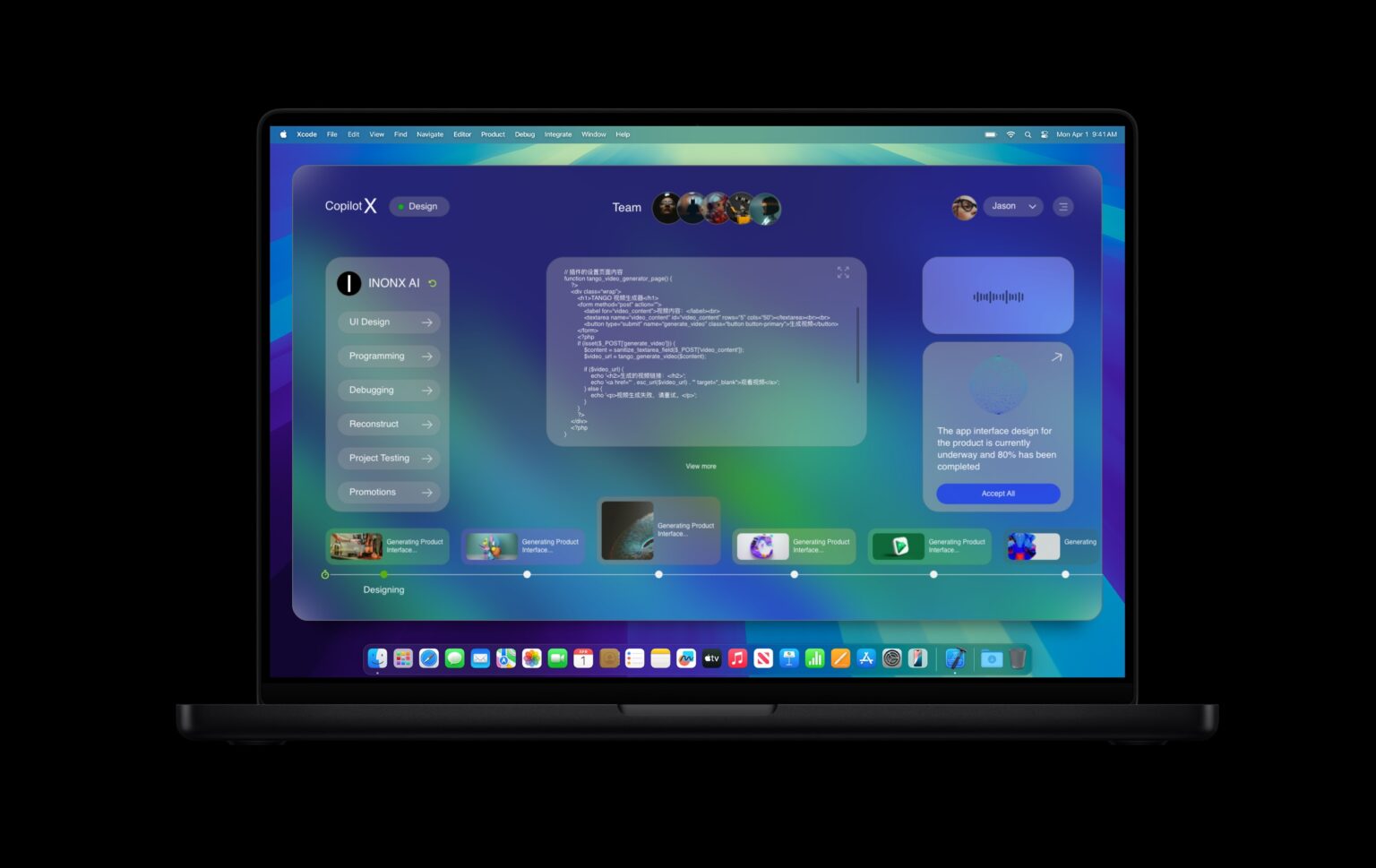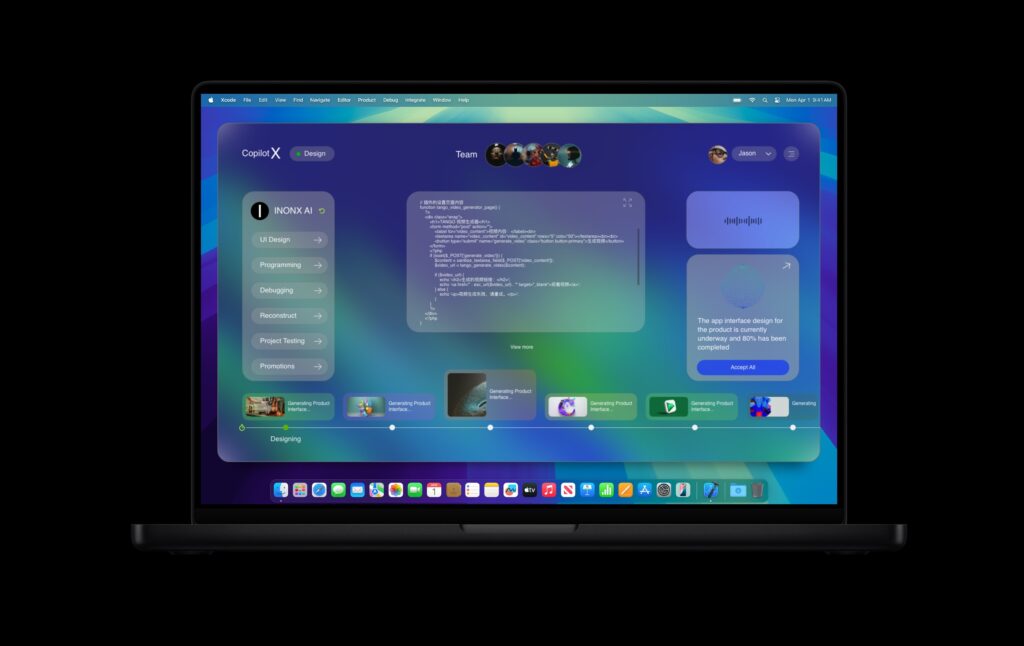The rapid evolution of artificial intelligence (AI) is transforming industries across the globe, with retail, data analytics, and strategic planning emerging as prime beneficiaries. As organizations increasingly leverage AI technologies, they gain insights and efficiencies that were previously unattainable. This article explores the impactful applications of AI in these domains, highlights the latest trends, and offers solutions that businesses can implement to thrive in a competitive landscape.
The retail sector has witnessed a monumental shift in consumer behavior, with e-commerce and omnichannel shopping redefining customer expectations. In response, retailers are looking for ways to enhance operational efficiencies and customer experiences. AI for retail automation stands at the forefront of this transformation. .
From inventory management to personalized marketing efforts, AI-powered solutions are streamlining processes and driving sales. For instance, AI algorithms can analyze historical sales data and market trends to optimize inventory levels, ensuring that retailers maintain the right amount of stock without over-purchasing. Tools like IBM Watson and Microsoft Azure offer robust AI frameworks that can help retailers implement these solutions. Companies employing such technologies have reported up to a 20% reduction in inventory costs while enhancing fulfillment rates by improving demand forecasting. .
Moreover, AI chatbots and virtual assistants are reshaping customer service in retail. These AI-driven tools can handle inquiries, provide product recommendations, and even manage returns—all while delivering 24/7 support. This not only enhances customer satisfaction but significantly reduces labor costs for retailers, allowing human staff to focus on complex customer interactions. Research firm Gartner projects that by 2025, 75% of all customer interactions will be powered by AI, further illustrating the technology’s transformative potential. .
An essential component of AI in retail automation is the ability to analyze vast amounts of data. AI for data analytics automation enables businesses to process and interpret data at an unprecedented scale and speed. Gone are the days when companies relied on basic spreadsheets and basic analytics tools to make decisions. Organizations now turn to AI-driven platforms like Tableau, RapidMiner, and Google Cloud Platform to harness actionable insights. .
These platforms utilize machine learning algorithms to analyze patterns and trends in customer behavior, sales, and supply chain performance. For example, AI can segment customers based on purchasing habits and predict which products are likely to be popular in the upcoming seasons. This predictive analytics capability allows retailers to tailor their marketing strategies more effectively, enhancing customer engagement and boosting sales. .
Furthermore, data analytics automated through AI provides real-time insights that allow businesses to adapt quickly to changing market dynamics. By continuously collecting and analyzing data from multiple sources, retailers can identify emerging trends, optimize pricing strategies, and enhance promotional activities. According to a report by McKinsey & Company, organizations that leverage AI for data analytics see a 15% increase in productivity and a notable boost in profitability. .
AI-powered strategic planning is another area making significant strides in business operations. Companies are increasingly adopting AI solutions to streamline their strategic planning processes, which traditionally relied on historical data and manual analysis. AI technologies facilitate scenario planning, risk assessment, and resource allocation, enabling organizations to formulate data-driven strategies that account for uncertainty in market conditions. .
For example, companies like Procter & Gamble have begun implementing AI in their strategic planning functions, utilizing algorithms to analyze market data and consumer trends to identify new opportunities for growth. The insights derived from AI tools help reduce the time spent on manual analysis, allowing decision-makers to focus on strategic initiatives that drive value. Additionally, AI can model various business scenarios, helping companies understand potential outcomes and make informed decisions based on real-time insights. .
As the retail landscape becomes more competitive, businesses must embrace these AI-driven solutions to remain relevant. There are several trends and solutions that organizations can explore, each aimed at harnessing the potential of AI for improved performance. .
1. **Adopting Advanced Analytics**: In addition to basic analytics, businesses should consider utilizing advanced analytics techniques, including machine learning and predictive modeling. By doing so, they can gain deeper insights into consumer behavior and make better-informed decisions.
2. **Integrating AI and IoT**: The Internet of Things (IoT) generates massive amounts of data that can be harnessed through AI for improved decision-making. Retailers should look to integrate AI with IoT devices, such as smart shelves and connected sensors, to monitor inventory levels and consumer interactions in real-time.
3. **Fostering Collaboration**: Encouraging collaboration between departments can enhance the effectiveness of AI solutions. Marketing, sales, and supply chain teams should work together to share insights and align strategies, leveraging AI’s capabilities for optimization across the organization.
4. **Enhancing Cybersecurity**: As AI becomes increasingly integral to operations, businesses must also consider the cyber risks associated with implementing these technologies. Ensuring that AI systems are secure will protect sensitive data and maintain customer trust. .
5. **Training and Upskilling**: For employees to leverage AI effectively, companies must invest in training and upskilling initiatives. Providing staff with the necessary skills to work with AI technologies ensures they can maximize the potential of these solutions while also promoting innovative thinking within the organization. .
Retail automation, data analytics, and strategic planning powered by AI are not just trends; they are the future of business. Companies that adopt and adapt these technologies stand to benefit significantly, experiencing enhanced efficiencies, improved customer experiences, and greater profitability. By staying abreast of these developments and continuously evolving their strategies, organizations can position themselves for sustained growth in an ever-changing landscape.
In conclusion, the combination of AI for retail automation, data analytics automation, and AI-powered strategic planning represents a trio of powerful tools that businesses can leverage to remain competitive. By embracing these technologies, organizations can optimize their operations, gain valuable insights, and strategically plan for the future, ensuring long-term success in an agile marketplace. As advancements in AI continue to unfold, those willing to innovate and adapt will be well-positioned to thrive in the dynamic world of retail.
**Sources**:
– McKinsey & Company. (2021). “The ESG Challenge.”
– Gartner. (2022). “Top Strategic Technology Trends for 2022.”
– IBM. (2021). “AI in Retail: Transforming Your Business.”
– Microsoft Azure. (2022). “Fueling Retail Transformation with AI.”
– Tableau. (2021). “How AI is Transforming Business Analytics.”
























